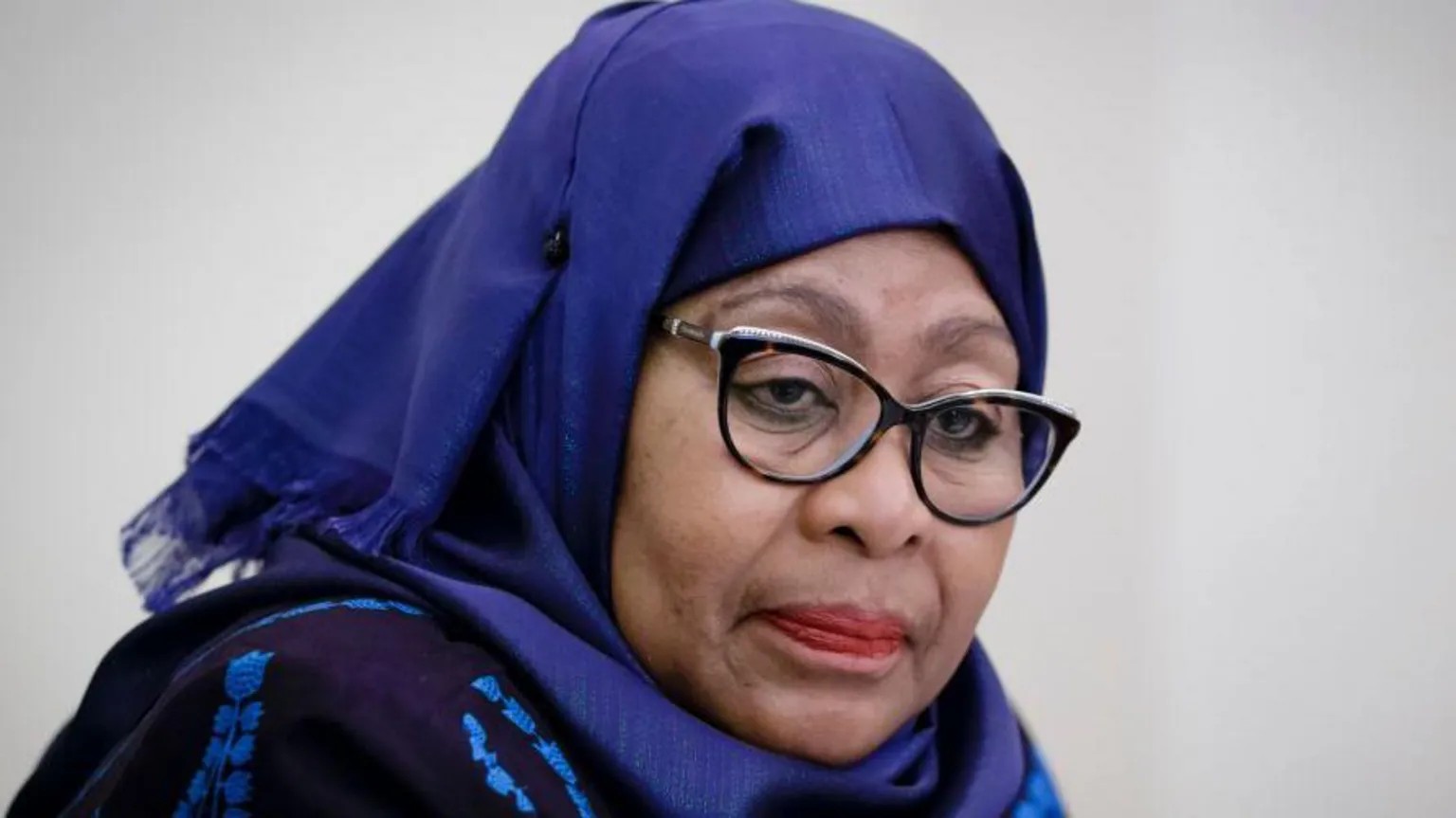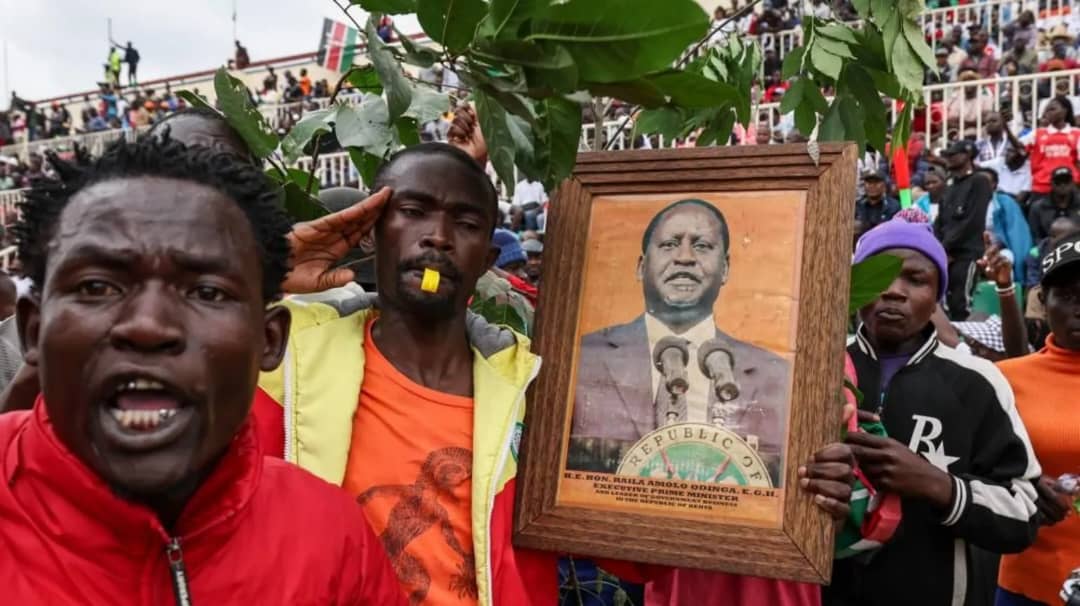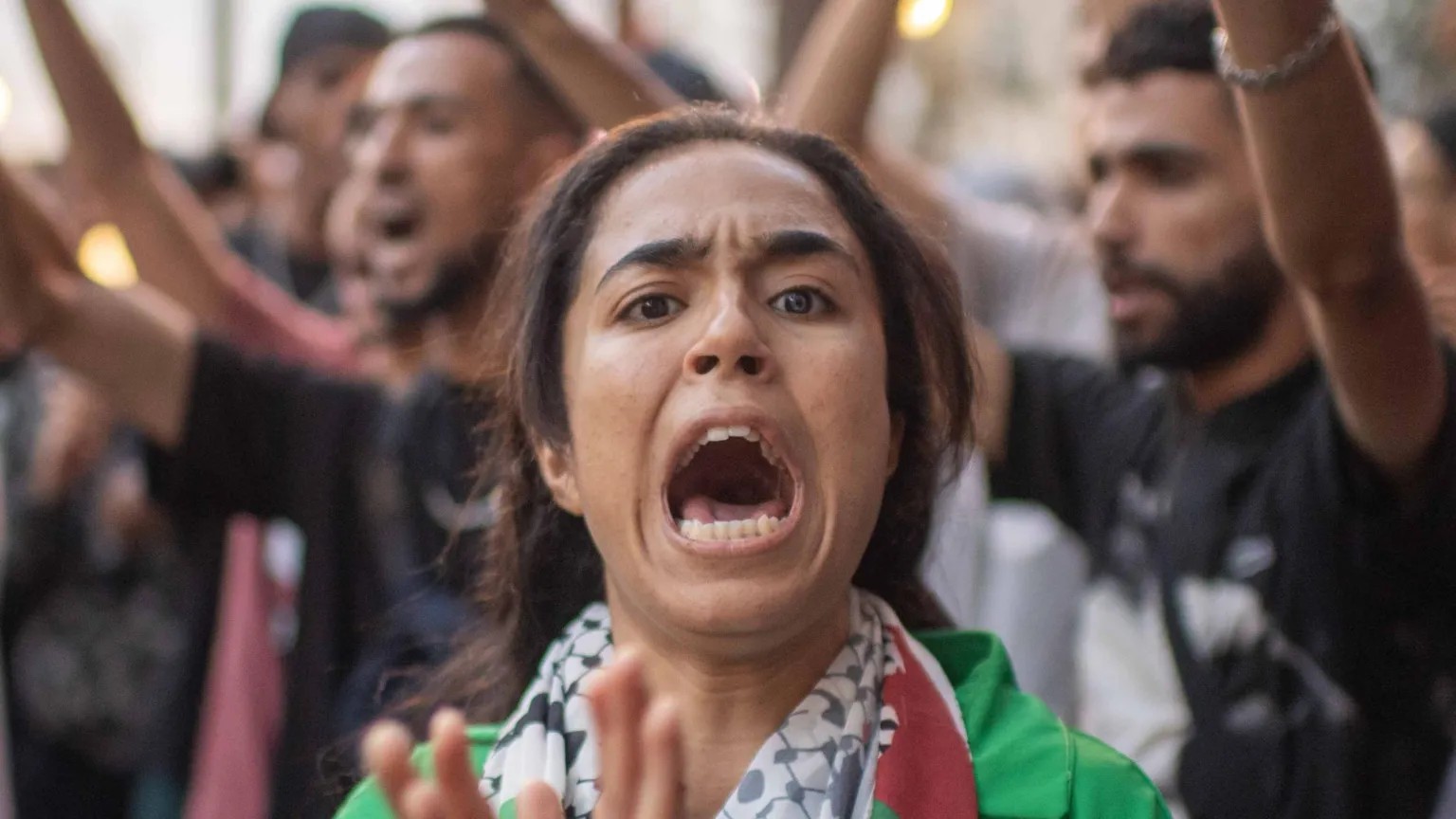Gbaramatu Ijaws’ Origins and False Claims Stir Controversy in Niger Delta
- by Oris, Delta, RNG247
- about 4 months ago
- 640 views

The narrative spun by Gbaramatu Ijaw leaders claiming to be the original settlers of the Warri region is not only historically inaccurate but also an outright insult to the integrity of the Ijaw race. Their audacious assertion that their community was founded in the 1300s—an assertion that starkly contradicts well-documented history—exposes a reckless desperation to rewrite the true origins of their people.
Historically, the Gbaramatu Ijaws hail from Gbaran in Bayelsa State, with migration timelines recorded between 1860 and 1879. Their ancestors were granted permission by Princess Iye, popularly known as Queen Dola, to settle in Omadino and Ugborodo lands—territories long established and inhabited by other indigenous communities. Despite persistent efforts to stake a claim over these lands, Gbaramatu leaders have faced a series of legal defeats, including losing in Supreme Court battles, where the courts have affirmed that their community has no ownership rights within Warri Kingdom. In truth, the Gbaramatu Ijaws own not a single grain of sand within the boundaries of Warri.
Long before the advent of Gbaramatu or the arrival of fishermen and Ijaw migrants in the late 1700s, the territory now known as Warri was inhabited by diverse peoples. Yoruba groups such as Mahin/Ilaje, Owo, Ijebu, and Ife, as well as Igala communities, held sovereignty over these lands—long-standing communities with rich histories predating the supposed "founding" of Gbaramatu in the 1300s. Their presence in the region predates the so-called Gbaramatu origin story—and entirely nullifies any claim that their community is the original or central founding people.
The Gbaramatu chiefs’ efforts to manipulate history by falsely claiming that all Ijaws are descendants of their community represent nothing but a blatant distortion of true Ijaw heritage. Their attempts to obscure the known facts—driven by greed for oil-rich lands and bolstered by illiteracy—have led to reckless press conferences and propaganda campaigns that only reveal their ignorance and desperation. Their reliance on violence, intimidation, bribery, and threats against Itsekiri communities in Kantu and Jaghala—lands unquestionably recognized as Itsekiri—further exposes their true intentions. Yet, in a nation founded on law and justice, such tactics will undoubtedly be challenged and ultimately rejected.
The insult here is profound: to falsely elevate Gbaramatu as the cradle of the Ijaw race, erasing the genuine history of the region's indigenous peoples. Their claim, rooted in falsehoods, diminishes the legacy of the countless communities that have truly shaped the region long before Gbaramatu's emergence on the historical stage.
Time will unveil the truth and reaffirm the genuine heritage embedded within the rich tapestry of the Niger Delta. The name ITSEKIRI-ENE echoes the identity of those who have guarded their lands and histories with pride, and it is only a matter of time before the truth prevails over these fabricated claims.





.jpeg)


.jpeg)







0 Comment(s)